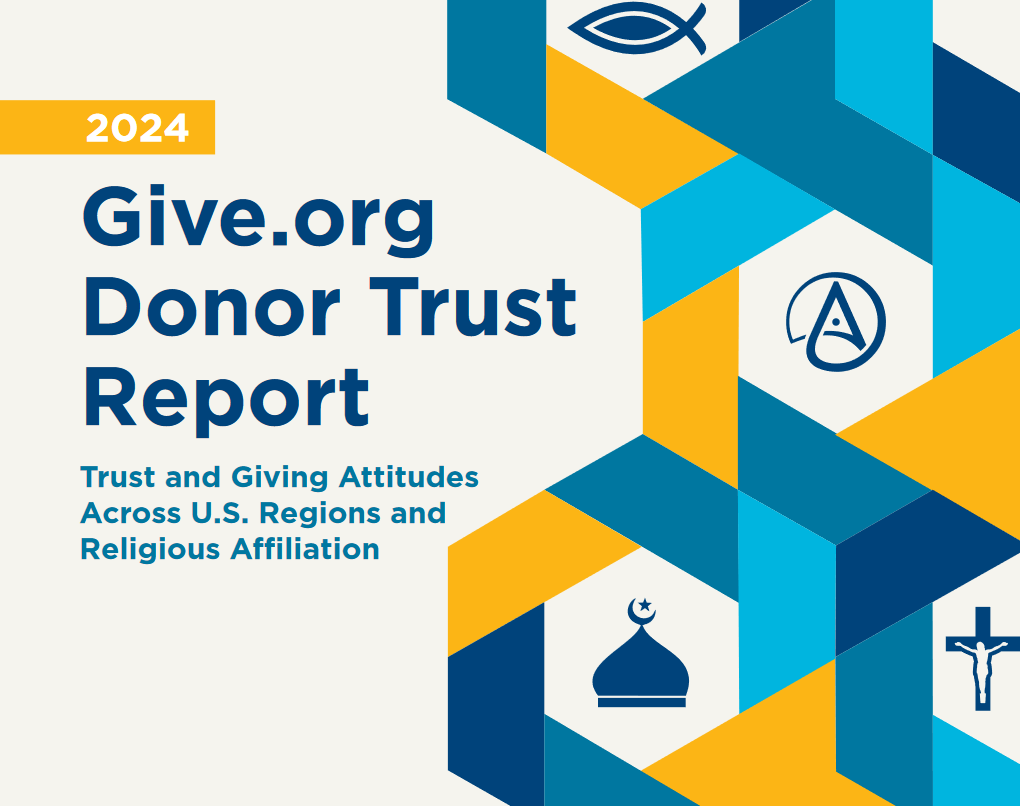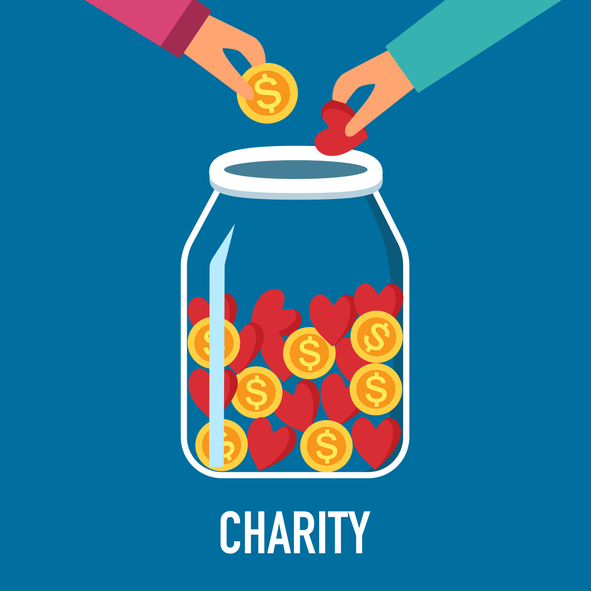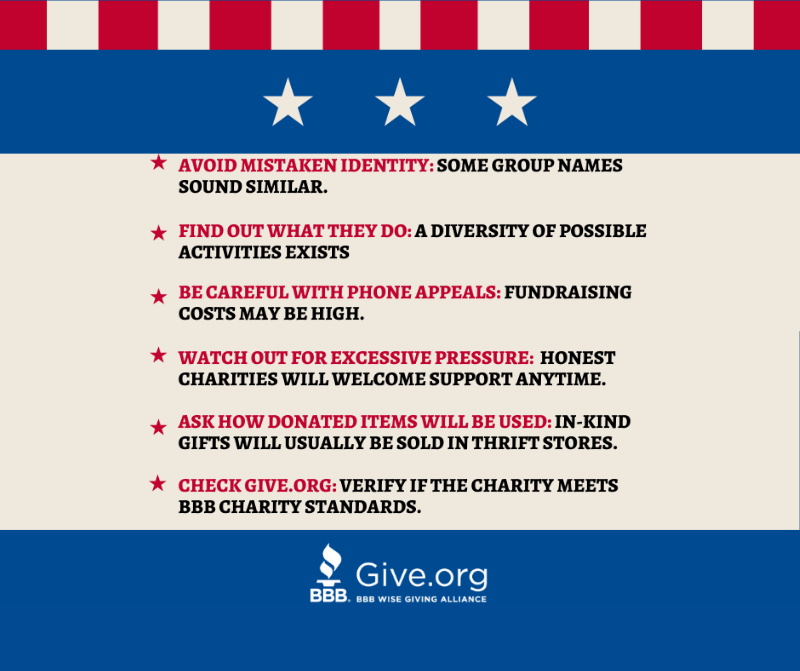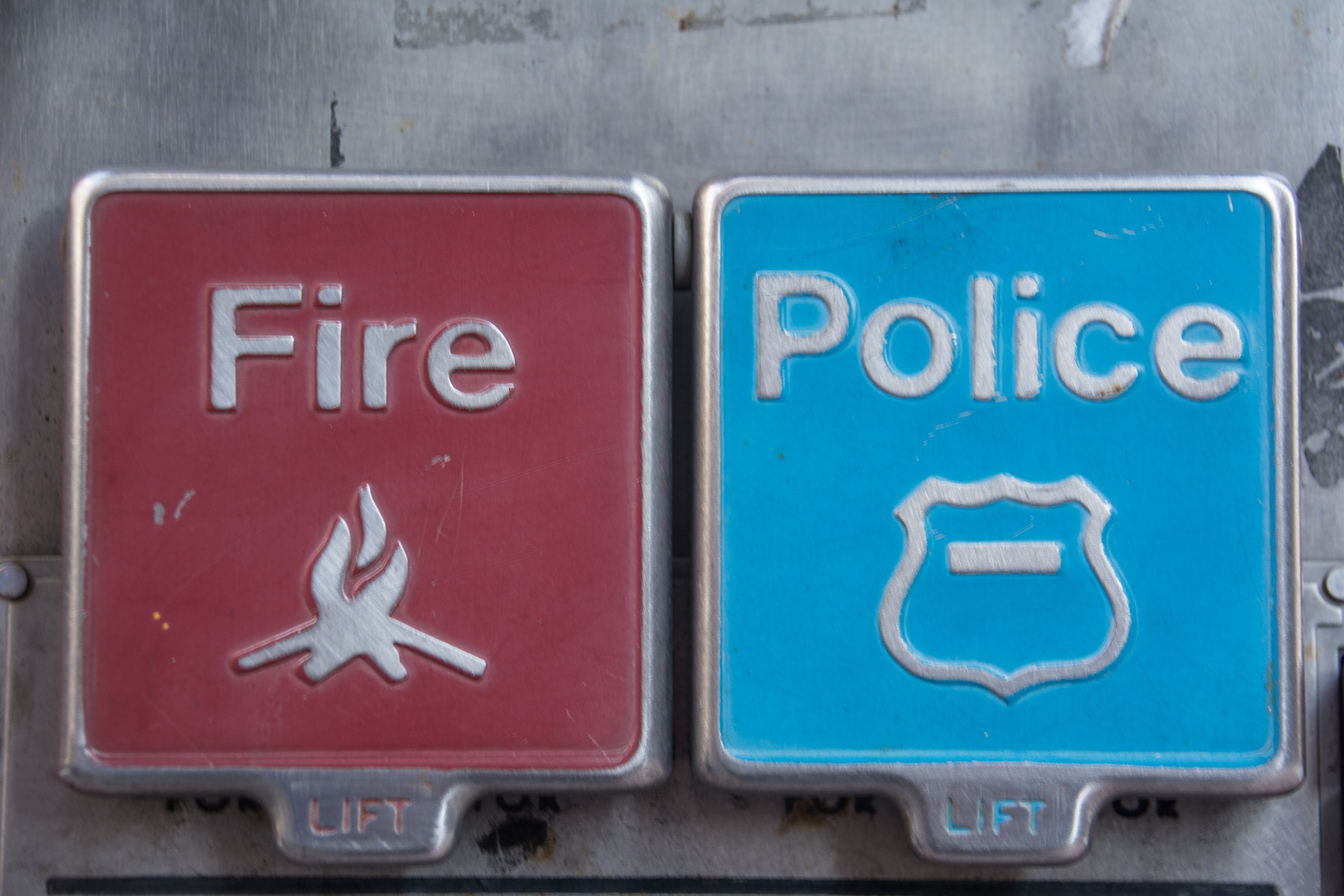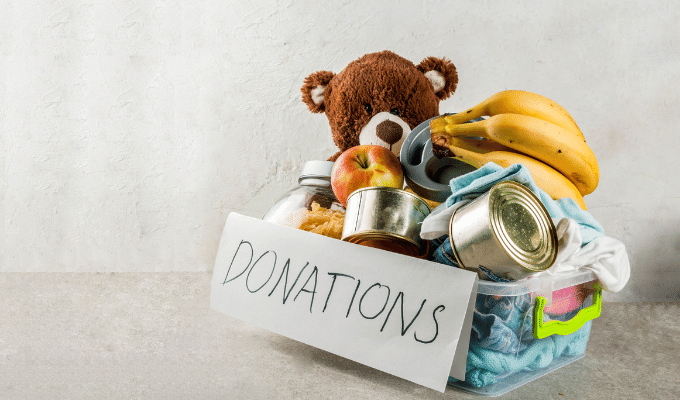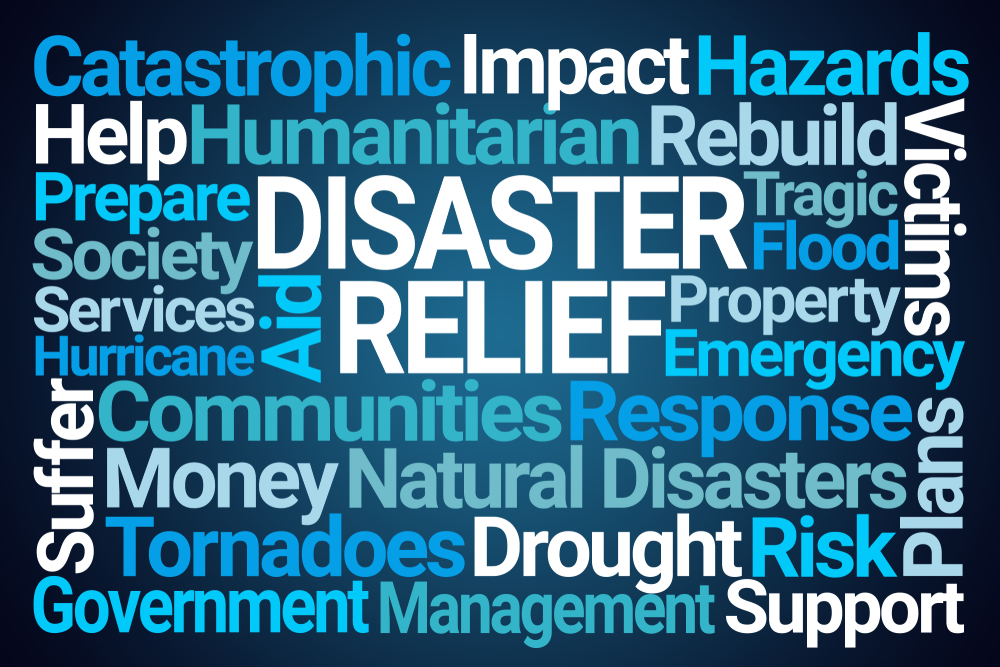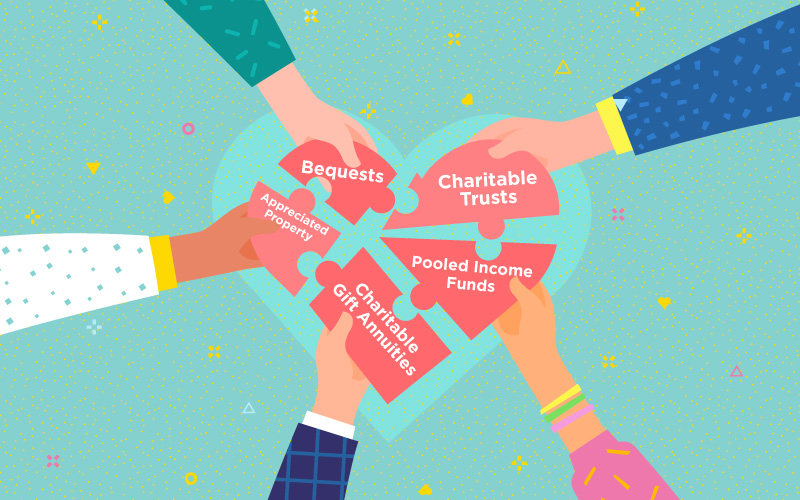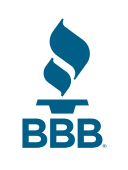Wise Giving Wednesday: Cause Marketing Do's and Don'ts
Cause-related marketing refers to promotions that sell products or services to consumers with the announcement that some of the purchase price will help a specified charity. This type of advertising has been around for quite some time, but its modern birth is often identified as the American Express promotion in the early 1980s that promised to contribute to the Statue of Liberty/Ellis Island Foundation one cent for every card transaction and a dollar for every new card it issued. It was a significant success and many other corporations quickly followed with their own version of this charitable marketing combination.
For consumers, we encourage them to look for advertising disclosures that are transparent and inform the buyer how much they are helping the charity by making a purchase. As called for in BBB Charity Standard 19, the promotion should specify the actual or anticipated amount of the purchase that will help the charity (for example, 5 cents for every box of cereal sold.) Not all advertisements are clear on this point and some use vague language such as “proceeds” or “profits” will go to a charity. In addition, if there is some time limit on the campaign (i.e., during the month of October) or guaranteed minimum /or maximum amount that can be raised (i.e., up to $200,000), those points should also be included in the promotional disclosure.
For businesses seeking to adopt this marketing method, in addition to the transparency of the disclosure language, they should make sure they have a written agreement with the charity to use their name and/or trademark logo. This agreement should be signed off by both parties and is sound business practice for businesses large and small that engage in this advertising. The agreement should also make clear how and when funds will be disbursed to the charity partner.
A charity should review drafts of the promotional references to its name to help ensure that advertising materials are accurate and include the recommended disclosures. It is best to incorporate this as a requirement in a written agreement with the business collaborating in the campaign.
Of course, we also recommend that participants should check each other out. Is the business accredited by the BBB? Does the charity meet the BBB Standards for Charity Accountability? Visit bbb.org and Give.org for additional assistance.
Video of the Week
As part of our Building Trust Video Series, we are pleased to provide a video featuring an interview with Kelly Waters, Executive Director, Virginia Hemophilia Foundation (a BBB Accredited Charity) which provides education, advocacy and community support for individuals impacted by inherited bleeding disorders. Educational opportunities offered by the organization include an annual education meeting, information delivered via VHF's Facts N' Factors newsletter and social media outlets, and scholarship opportunities. VHF participates in national and federal advocacy initiatives, such as the VHF's "Richmond Days" and the National Hemophilia Foundation’s "Washington Days."
Heart of Giving Podcast
This week’s Heart of Giving Podcast features an interview with Ranjani Saigal, Executive Director of Ekal Vidyalaya Foundation of USA. She discusses the shocking situation in India where people are struggling to survive a devastating second wave of the COVID 19 pandemic and she explains how Ekal is providing support to the rural areas of the country where help and resources are limited. Click Here to Listen.
Finally, remember to let us know by going to give.org/charity-inquiry if you are interested in seeing a report on a charity not on the list and we will do our best to produce one.
H. Art Taylor, President & CEO
BBB Wise Giving Alliance




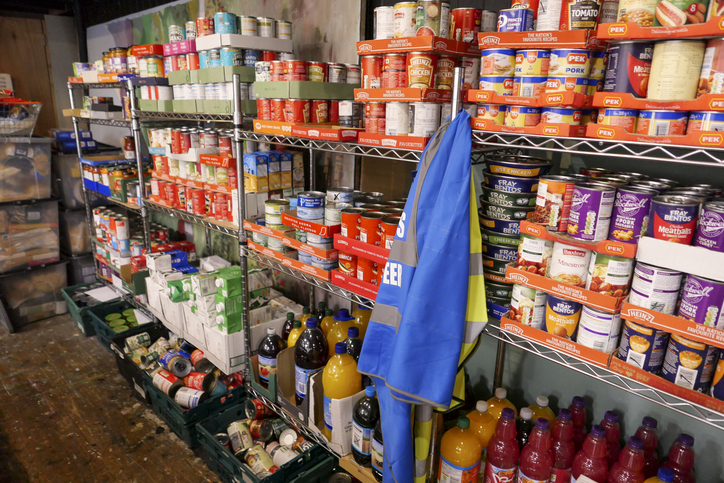




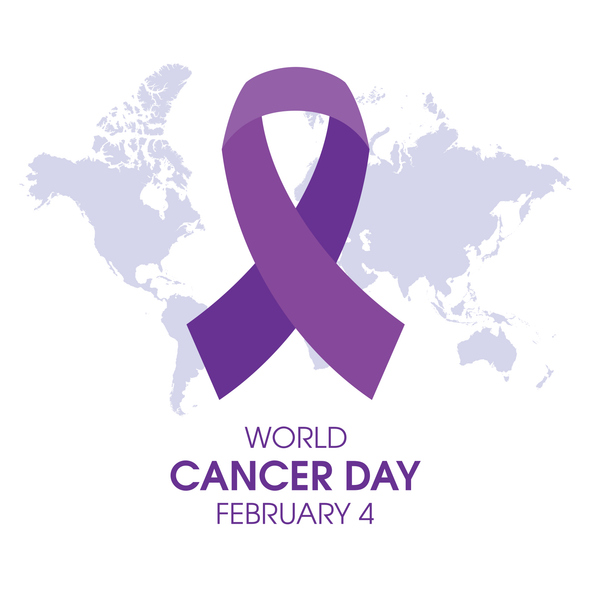
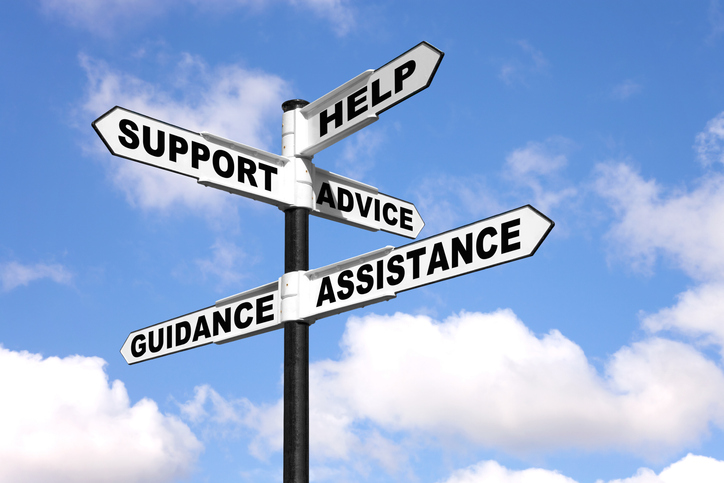

.jpg?sfvrsn=8073f1a5_0)


